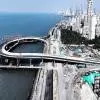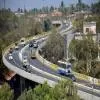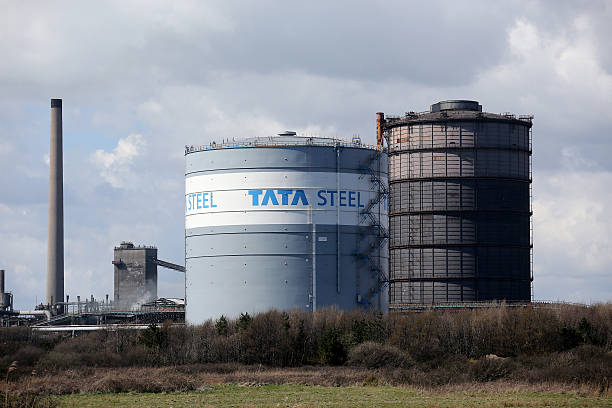
Tata Steel joins Sea Cargo Charter as part of sustainability goals
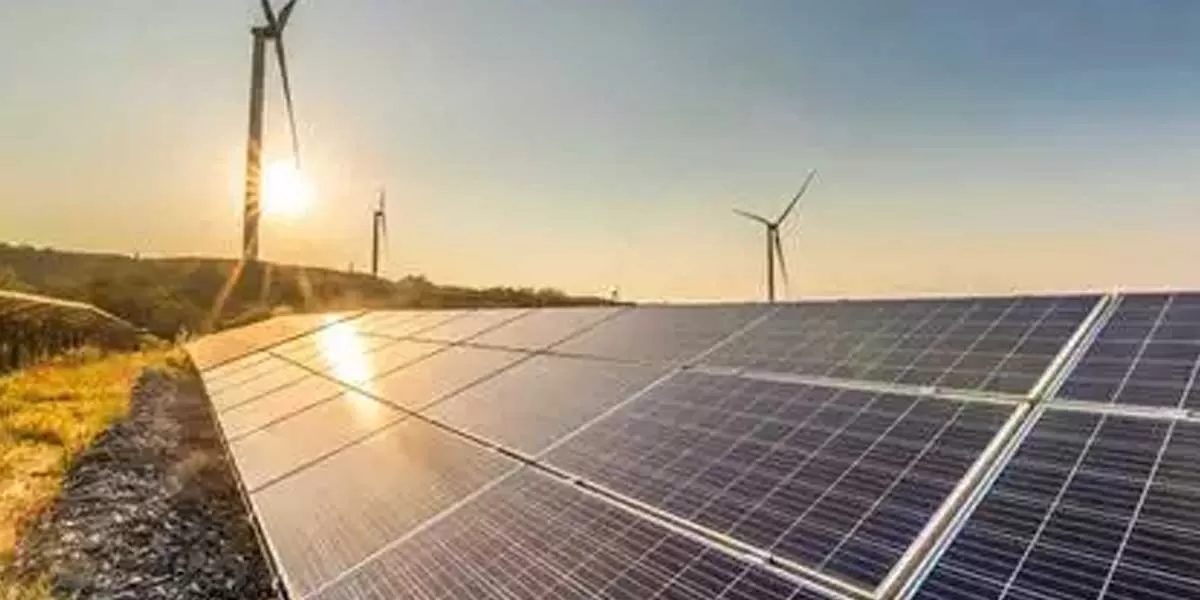
Sri Lanka Adani Power Deal Still on as Government Confirms Lower Costs
The Sri Lankan government is engaged in negotiations with India’s Adani Group to reduce the cost of power from two wind power projects planned for the country’s Northern province. These discussions are part of a broader effort to ensure affordable and sustainable energy production as the nation works towards stabilising its power sector. The projects, backed by an investment of $442 million from the Adani Group, are expected to generate 500 MW of renewable energy. This initiative aligns with Sri Lanka’s long-term strategy to enhance its renewable energy capacity, reduce dependence on f..

Hygenco Green Energies Pre-certified for RFNBO Ammonia Exports
Hygenco Green Energies is preparing to export green ammonia from India to Europe after securing Renewable Fuel of Non-Biological Origin (RFNBO) pre-certification from Bureau Veritas under the CertifHy scheme. This certification, officially recognized by the European Commission, facilitates access to green or low-carbon hydrogen for end-users across the EU. The CertifHy scheme provides a structured framework for certifying renewable hydrogen and e-fuels, ensuring compliance with EU regulations and international standards. Hygenco's upcoming green ammonia plant, located at Tata Steel’s Spe..
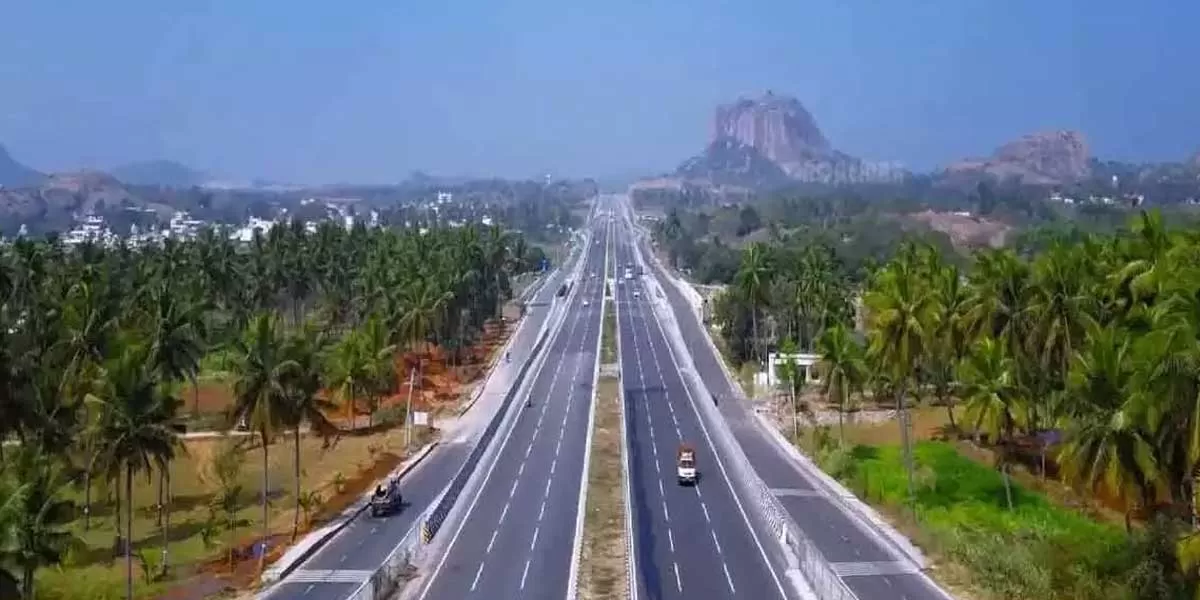
11 NH Projects in Telangana Stalled over Pending Forest Clearance
As many as 11 National Highway projects in the state have been stalled due to the lack of forest clearance from the central government. The state government is coordinating with the Union government to secure the necessary environmental approvals. Efforts are underway by the state government, the Ministry of Road Transport and Highways, and the National Highways Authority of India (NHAI) to compile and submit all required details to the Ministry of Environment, Forest and Climate Change (MoEF&CC) for approval. Chief Minister A Revanth Reddy recently discussed the issue with Union Forest an..









